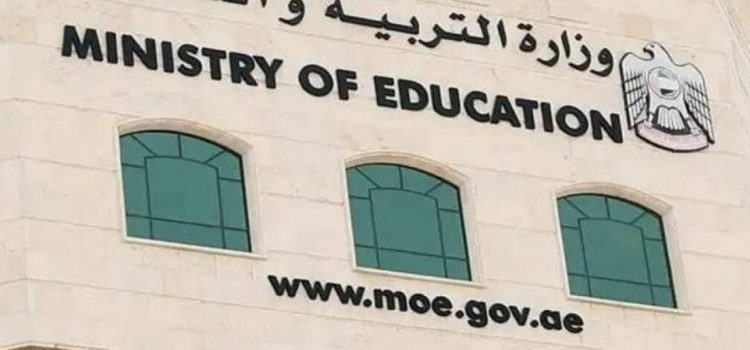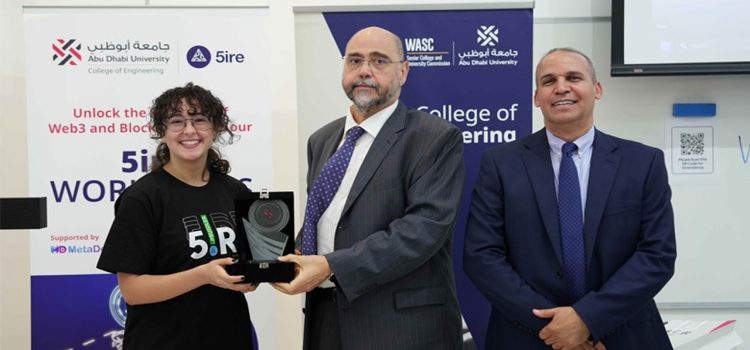If you are a GCC or MENA based family office that has a portfolio that includes precious metals such as gold, silver or others, or you intend to in the near future, but are hesitant because in the past you were unable to make revenues from the purchase, you now can. With the advent of blockchain, Web3 technologies and tokenization a sweet spot is upon us.
Precious metal owners can generate earnings on their gold and make it work for them just by holding it in tokenized form. Aurus Technologies, headquartered in the UAE with offices in the UK is offering family offices the opportunity to tokenize real world assets through its sustainable tokenization as a service solution (TAAS) platform.
The GCC and MENA region has all the ingredients to make gold work for family offices. First the region itself is a hot bed for investors, secondly precious metals especially gold are well revered and invested in and third Web3 technologies including tokenization on the blockchain is revolutionizing the precious metal industry in the region.
Family offices can make their tokenized gold work for them throughout the lifetime of their ownership.
According to Mark Gesterkamp, Chief Business Development Officer, Aurus Technologies, “By minting a digital representation of vaulted bullion in the form of tGOLD, tSILVER and tPLATINUM, precious metals can now be utilized and earn transactional revenue in the digital economy.”
The company does not sell gold, but utilizes software to make gold work for its owners by allowing these tokenized real assets to be transacted and traded. Mark explains, “Part of the transaction fees flow back to the bullion owners and providers.”
The Growth of Investors in GCC and MENA
Recent research has shown that there are nearly 6,000 UHNW (ultra-high net worth) individuals in the Middle East with a combined net worth of US $995 billion. The number of UHNW individuals in the region is expected to increase by 24.6% in the next 5 years while the region is also expected to remain the fourth largest wealth hub in the world.
In addition the UAE is increasingly becoming a hub for family offices, with some of the world’s big names setting up offices in the country to tap the market. The same can be witnessed in KSA, Qatar, and elsewhere.
As such the region is ripe with not only a growing number of family offices but wealth that can be deployed intelligently.
Growth of interest in Digital assets
HNWI individuals and family offices are increasing their exposure to alternative assets in the form of digital assets and the MENA region is no exception. The Ocorian report found that 90% of those surveyed said their clients are looking to include crypto and digital assets in their investment strategies.
The report noted that family offices run by younger tech savvy generations want to make a move into investing in crypto and digital assets yet remain concerned about the challenges and risks.
This is more reflective in the MENA region. The Lombard Odier report found that 79% of younger Middle East investors believe there are significant opportunities in the digital and tech sectors.
Mark believes that Aurus’s blockchain tokenization offering provides tech savvy young investors with a valuable investment opportunity, easing their concerns, by offering digital assets backed by gold, silver or other precious metals. He states “Gold is understood by all, and now the new generation can put it to work sustainably and with less risk than crypto.”
Bullish on Gold regardless of market trends
As economic difficulties prevail globally, with worries of inflation, recession, and banking failures, precious metals are set to shine.
Tresor Gold research stated that VC firms and family offices will increase gold allocations in next 18 months. The study covered investors in in Canada, Australia, the US, UK, UAE, France, Germany, Switzerland, Qatar and Saudi Arabia.
Yet regardless of whether precious metals are seen as bullish or not, just by tokenizing gold and making it work for owners, price fluctuations are no longer relevant.
Mark explains, “Regardless of whether gold is bullish or not, owners who have tokenized their gold will continue to make money because of the transactions. AurusX our native token for example is like a hedge for precious metals. Holders of AurusX or their own tokenized gold can earn yields in any market condition because they earn for each transaction carried out.”
Gold Investment challenges overcome with Tokenization
Tokenizing precious metals and gold on the blockchain relieves investors from the challenges faced from utilizing traditional gold investment vehicles.
When investing in physical gold there are always extra costs for securing, insuring and storing the gold and in return liquidating the physical gold or earning yields is also difficult.
Even with Gold index funds, or ETFs (Exchange traded funds) while investors do receive passive earnings long term, these investors do not own the gold.
Investing directly in gold via gold shares (mine shares) of gold mine operators is risky as well, as it is dependent on the performance of the mining operator and the stock exchange.
With Aurus, there is a one to one backing of the underlying bullion generating yields, making most of the challenges a thing of the past. Mark confirms, “Aurus is setting the standard in precious metals tokenization adhering to the decentralized nature of the blockchain. We work with multiple storage locations around the globe including reputable partners such as Spanish refinery Sempsa JP and vaulting facilitator Brinks.”
The Aurus Opportunity a solution for all
Since 2018 Aurus has been a strong proponent of opening the precious metals market to everyone with a smartphone using the Aurus application.
The company is leveraging metal-backed blockchain technology to help gold, silver, and platinum businesses democratize these assets via the digital economy while earning passive rewards in the digital assets & DeFi space.
By modernizing the precious metals market with Web3 technologies, it is increasing access, usability & trust, ultimately unlocking global demand.
Mark concludes, “The total size of tokenized illiquid assets, including real estate and natural resources could reach $16.1 trillion by 2030. As such we are playing our part by offering an open ended solution that allows any party to bring gold to Web3 under the standards of both the London Bullion Market Association (LBMA) and DMCC (Dubai Multi Commodities Center). ” The bigger the Aurus system grows the more precious metals will be paid out to AX holders.”
For the first time in the region, Aurus will be offering gold tokenization solutions to family offices allowing them to put their gold to work and generate yields. Mark adds, “We welcome partners in the UAE and GCC to showcase our ecosystem and work together to tokenize part of their portfolio by taking either a direct position in Aurus TGold and TSilver or tokenizing their own gold or even investing in AurusX tokens.” Aurus is currently seeking to raise $500,000 from the sale of its AurusX Tokens.
Aurus is working with greener future in mind, by reducing CO2 emission. It is collaborating with green initiatives globally. Mark states, “Blockchain allows for easier and transparent collaboration with ESG initiatives and we will continuously seek partnerships in positioning precious metals towards a greener investing alternative. We aim to ensure everyone can buy precious metals on the blockchain in a more sustainable manner.”
For more info check out the Aurus video here: https://www.youtube.com/watch?v=AtFdmbHLoPg


















